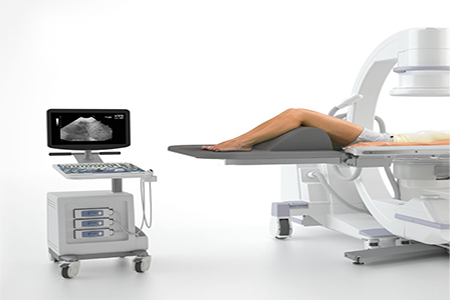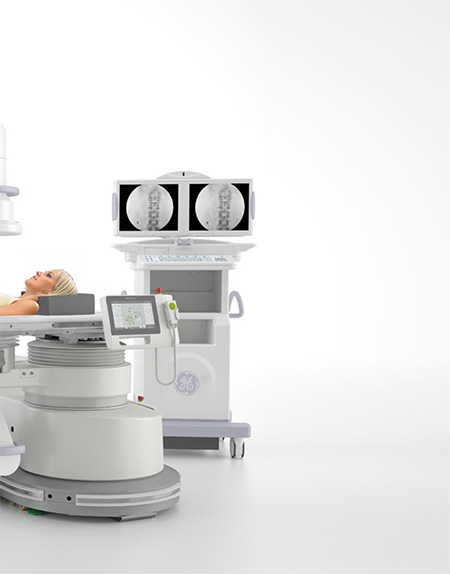

What are Kidney Stones?CAUSES & TREATMENTS OF KIDNEY STONESKidney Stones are crystal-like masses of salts, such as calcium oxalate, that form when the crystals precipitate in the urine inside the kidney. Stones can vary in size from a grain of sand to more than an inch in diameter. They build up gradually, and can be found anywhere in the urinary tract. A number of factors are thought to influence the development of kidney stones. Experts can only suggest the causes, which may include age, diet, climate, infection and metabolic disorders. When stones grow too large to pass out of the body naturally, they can obstruct normal urine flow and may cause sudden and severe pain. Other symptoms include bloody urine, burning during urination, infection, nausea and vomiting. Permanent relief can only be gained by removal of the stones. |
 |
 |
What is Lithotripsy?LEARN MORE ABOUT NON-INVASIVE KIDNEY STONE TREATMENT"Lithotripsy," from the Greek meaning "stone crushing," is a modern technology used for treating stones in the kidneys, ureters and bladder. The term "extracorporeal" refers to the fact that the treatment is non-invasive, using shockwaves directed from outside the body.The stone is targeted with the use of an X-ray or ultrasound. Multiple high energy pressure waves are then focused on the stone until it breaks into tiny particles, which can be passed naturally from the urinary system. |
 |
What are the Benefits of Lithotripsy?HOW CAN NON-INVASIVE KIDNEY STONE TREATMENT HELPA major benefit of extracorporeal shockwave lithotripsy is that it is a non-invasive procedure. Lithotripsy is usually performed on an outpatient basis with reduced treatment and recovery times. Historically, the occurrence of complications is very low.WHAT HAPPENS BEFORE A LITHOTRIPSY PROCEDURE?Minimal laboratory tests are required prior to your procedure. The tests will vary depending upon the type of anesthesia you will receive during treatment, along with your age, any medical conditions you may have or any medications you take. Some medications must be discontinued prior to treatment.Follow your physician’s specific instructions regarding eating or drinking prior to your treatment. You will be informed by your physician about the procedure to be performed and you will be asked to sign an informed consent. |
What Happens During a Lithotripsy Procedure?KIDNEY STONE LASER TREATMENT EXPERIENCE
|
What Happens After a Lithotripsy Procedure?KIDNEY STONE TREATMENT TYPICALLY INCLUDES
|
No Procedure too SmallRelief from kidney stones is commonly achieved with a simple and non-invasive procedure called lithotripsy. Using focused sound waves, your urologist can break down the stones so they can pass naturally. It’s a routine procedure, but one we take seriously, because your comfort and safety are important.Equipment MattersURORAD Healthcare provides the equipment your urologist needs to break up kidney stones. We ensure these sophisticated and high-tech devices are maintained according to industry standards. We’re focused on maintaining the smoothest running fleet of devices available to ensure we’re there when you need us.Ready to TravelEven if you are in a remote community where your hospital or urologist does not have the proper equipment, chances are we can come to them. Ask your doctor about scheduling a procedure with a URORAD Healthcare mobile lithotripsy unit for fast relief. |
You can contact us from the address below. or suggest products and services or contact us through the form please contact us.
URORAD Conpany Limited
19/83 Sixnature Watcharaphol Soi Watcharaphol 2 Road, Ramintra Tharang
BangKhen Bangkok 10230
info@uroradhealthcare.com
+662-3470459